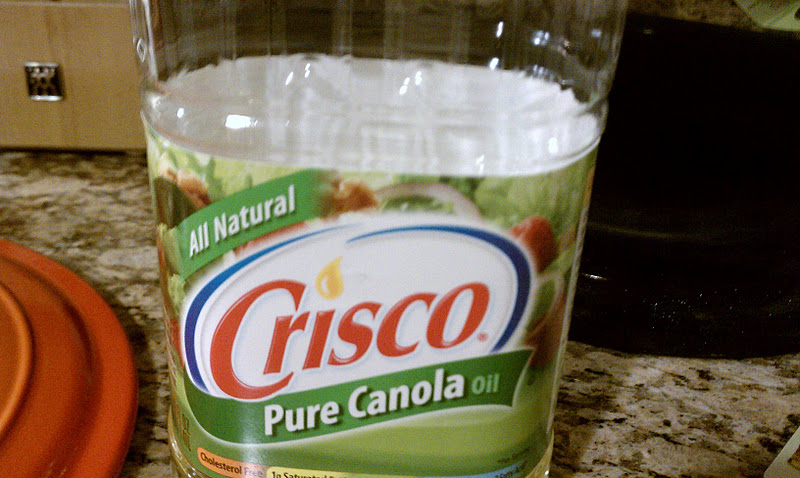This afternoon I picked up this weird story about a little town in Saskatchewan that is considering changing it’s town slogan from “The Land of Rape and Honey.” As I noted in the post, “rape” in this case is “rapeseed”, which is an oil seed which produces a huge amount of the world’s vegetable oils in its original and some man-made breeds of the plant. When I saw the headline I put it in one of our TPM chats. There were a couple WTFs and guffaws and then David Kurtz chimes in with something like “Ahhh, rapeseed? The oil seed?” And I’m thinking, Where the hell does he come up with this stuff? Who the hell’s ever heard of rapeseed? What’s rapeseed? Is there like cockwheat that I’ve never heard of either?
In any case, this evening while I was on the train to DC I heard from TPM Reader CJ who is actually from Saskatchewan and he gave me some more background on this, actually what amounted to the secret history of that most pedestrian of food products, Canola Oil, basically the unheralded vegetable oil that pretty much everyone had or has in their pantry somewhere.
So it turns out Canola oil is actually rapeseed oil – which is sort of a testament to a closely avoided branding fail of something approaching epic proportions. But here’s where it gets interesting. Because this is not too far off the mark.
As I suggested, I’d never given much thought to anything about Canola Oil. To me it’s just one of those other oils that might be in a kitchen when you’re actually looking for Olive Oil. I guess I probably figured it came from the Canola plant. But no. Rapeseed oil has been cultivated by humans for thousands of years, mainly in Asia.
Canada got into farming it for sale as an industrial lubricant. But after demand fell, they started to try to sell it as a food product. The problem was that it apparently doesn’t taste very good and it has a some chemical compounds (especially erucic acid) that may actually be quite unhealthy (this point seems to be in some dispute). So in the 1970s two scientists at the University of Manitoba, Keith Downey and Baldur R. Stefansson bred a new variant of rapeseed which had much less erucic acid and something else called glucosinolates. (Newer versions are the product of genetic engineering. But the original was just from old-fashioned breeding.) That changed the taste and reduced whatever bad health effects those compounds brought with them. Among Ag scientists this (and related strains) is usually referred to as rapeseed 00. To the public, it’s ‘Canola Oil’.
As you can see here, the Canola Council of Canada insists that “Canola is not rapeseed.” But from what I can tell, scientists don’t actually agree with that. It’s just a breed of rapeseed.
So where’s ‘Canola oil’ come from? Well, remember rapeseed oil didn’t taste good and it has a weird greenish color. Also it’s called RAPESEED oil, which sort of reminds you of sexual assault. And here’s where the agro-branding came into play. So Canadian business and export authorities rebranded their new breed of rapeseed as ‘canola oil’ which is simply a contraction of “Canada” and ola (i.e., oil).
In other words, it’s not rapeseed oil, it’s Canada Oil with a smooth, less bitter taste!






